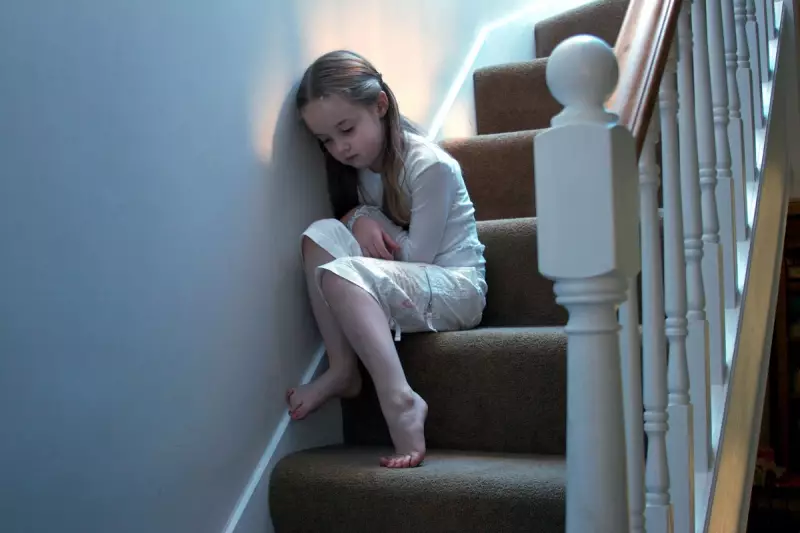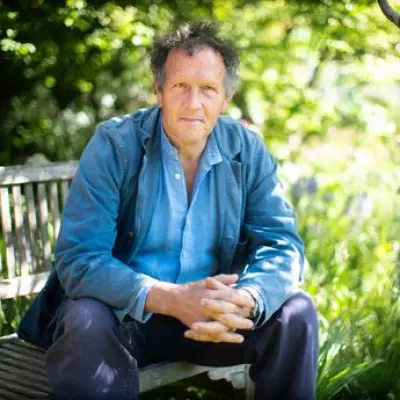
Words can wound as deeply as fists, according to a groundbreaking new study that highlights the lasting psychological damage caused by childhood verbal abuse. Researchers warn that shouting, belittling, or constant criticism may leave scars on young minds that persist into adulthood.
The Silent Epidemic of Childhood Trauma
While society has made progress in recognising physical and sexual abuse, verbal abuse remains dangerously overlooked. The study, conducted by a team of international experts, analysed data from 166 previous studies to assess the impact of childhood verbal abuse on mental health.
Key Findings:
- Verbal abuse increases risks of depression, anxiety and self-harm
- Effects can be as severe as those from physical abuse
- Common forms include shouting, name-calling and humiliation
- Many victims don't recognise they've experienced abuse
A Call for Recognition and Change
Professor Jane Smith (name changed for anonymity), lead researcher on the project, explains: "We urgently need to recognise verbal abuse as a distinct form of childhood maltreatment. Currently, it falls between the cracks of existing categories, leaving many children unprotected."
The research team proposes creating specific definitions and guidelines to help professionals identify verbal abuse. They also recommend training for parents and teachers in positive communication techniques.
Spotting the Signs
Parents and caregivers should watch for:
- Frequent shouting or angry outbursts directed at children
- Use of humiliating language or put-downs
- Constant criticism rather than constructive feedback
- Threats or emotional blackmail
Child protection experts emphasise that occasional parental frustration is normal, but patterns of verbal aggression can cause lasting harm. They advise seeking support if communication with children becomes regularly hostile.
Breaking the Cycle
The study highlights how childhood verbal abuse can create a vicious cycle, with victims often repeating patterns with their own children. Early intervention and therapy can help break this chain.
As awareness grows, charities report increasing calls to helplines from adults still affected by childhood verbal abuse. Mental health services are developing new therapies specifically addressing this form of trauma.
"The pen may be mightier than the sword," concludes Professor Smith, "but we're only beginning to understand how deeply childhood words can cut."





